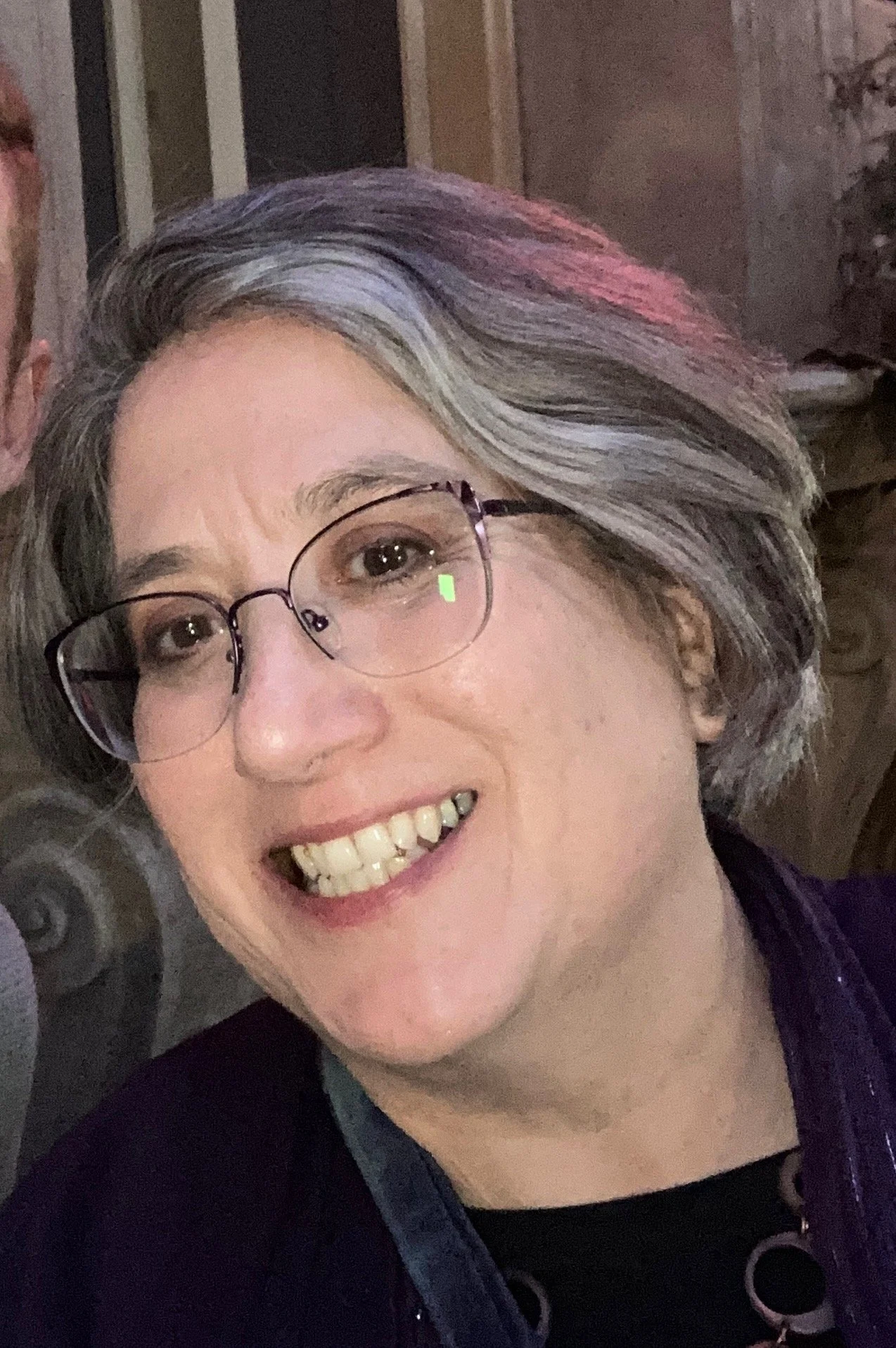An Illuminated Life
Belle da Costa Greene’s Journey from Prejudice to Privilege
Hello!
My name is Heidi Ardizzone. I received my Ph.D. in American Culture at the University of Michigan, Ann Arbor, where I also found my calling as a teacher. Since then I have combined my love of teaching and scholarship at several universities, primarily the University of Note Dame in American Studies where I developed courses on "American Men, American Women," "Race, Gender, and Women of Color," "Mixed Race America," "Civil Rights and Social Protest," and
"Homefronts during War." This last was first offered in Spring, 2002: my response to the attacks on 9/11 and the ensuing war in Afghanistan.
Returning to the University of Michigan as a Visiting Assistant Professor in 2008 was particularly fun as I reversed my Michigan to Notre Dame experience, allowing students to boo my suspect football loyalties before settling down to teaching courses on "Politics and Culture of the Sixties,"
"Race, Racism and Ethnicity," and "The U.S. Since 1945. These were extraordinary subjects to be immersed in during the presidential election and inauguration of Barack Obama.
I am currently living in western Michigan, making the most of a year without teaching to complete the manuscript for my next book, The Color of Blood: the Significance of the Black-White Figure in American History.
MY BOOKS
REVIEWS
PW Reviews 2007 April #3
“Ardizzone's competent, complimentary biography explains the complicated, glamorous woman who transcended her lack of formal higher education and obfuscated her race to become head of the Pierpont Morgan Library and confidante of the financial mogul who founded it…Ardizzone (coauthor, Love on Trial) showcases the impressive talents of a woman who once wielded enormous power in New York society.”
LJ Reviews 2007 May #I - Shelley Cox, formerly with Southern Illinois Univ. Lib., Carbondale
“Ardizzone more than succeeds in portraying a vivid figure who rose to the top in a segregated, paternalistic world yet suffered loneliness and was haunted by personal demons. A valuable work for students of early 20th-century culture as well as for librarians, feminists, and students of race relations. For general and specialized collections. (Illustrations not seen.)”
Talks and Interviews
Interested in me giving a talk?
Fill out the form below to get in contact.




